 News from Canada last week was reminiscent of the news out of Australia two years ago, when equine influenza emerged in New South Wales and forced the suspension of racing.
News from Canada last week was reminiscent of the news out of Australia two years ago, when equine influenza emerged in New South Wales and forced the suspension of racing.
An equine influenza virus has so far affected 300 horses at Hasting Racecourse (photo) in Vancouver, forcing cancellation of all races on July 3 because there were not enough horses to fill them. The week before, on June 26, 18 horses were scratched from the day’s race card.
“I don’t believe I’ve ever seen that at any racetrack in North America,” said Paul Ryneveld, the Hastings’ director of racing.
While the virus appears to be on the decline, veterinarians are baffled by its appearance at this time of year, much as scientists were surprised by the swine flu that sickened humans in Mexico this past spring.
“To have it appear halfway through the racing season, it’s something that we’re still trying to figure out,” said Ryneveld. “The fact that it’s in the summer months, that’s the strange part.”
Australia had never experienced equine flu before August 2007 (winter Down Under) and the economic repercussions of the epidemic, which closed down racing for six months, are still being felt.
The highly contagious disease is no stranger to North Americans, however. The “Great Epizootic” of 1872-1873 started in Toronto and spread so rapidly that within 90 days U.S. commerce came to a standstill. This was at a time when there were 650,000 horses in New York, alone.
In 2008, according to the American Horse Council, there were 9.2 million horses in the U.S.
